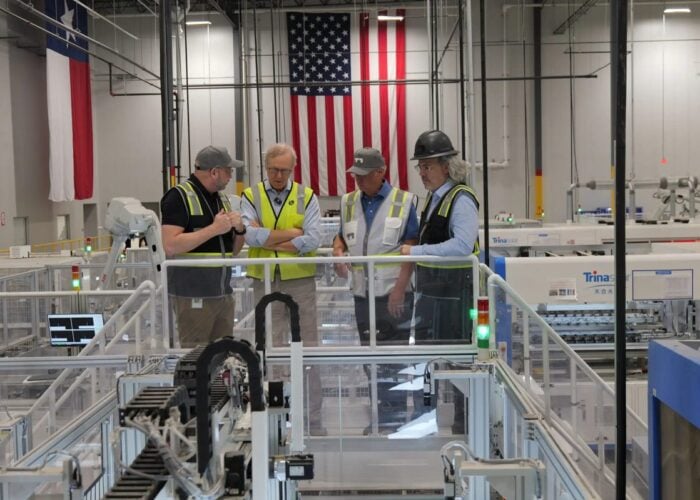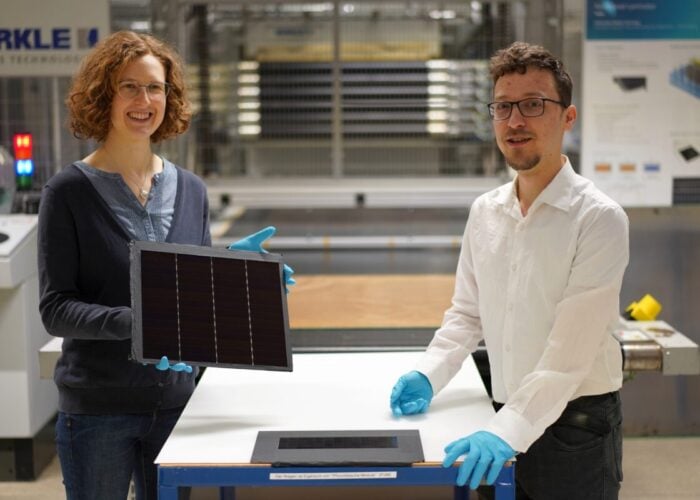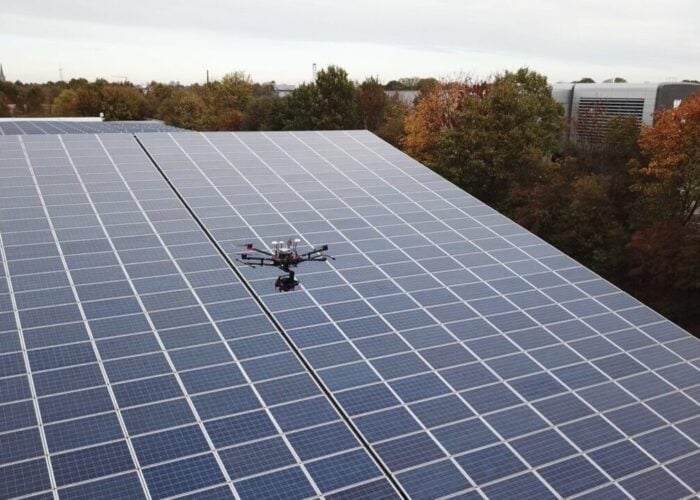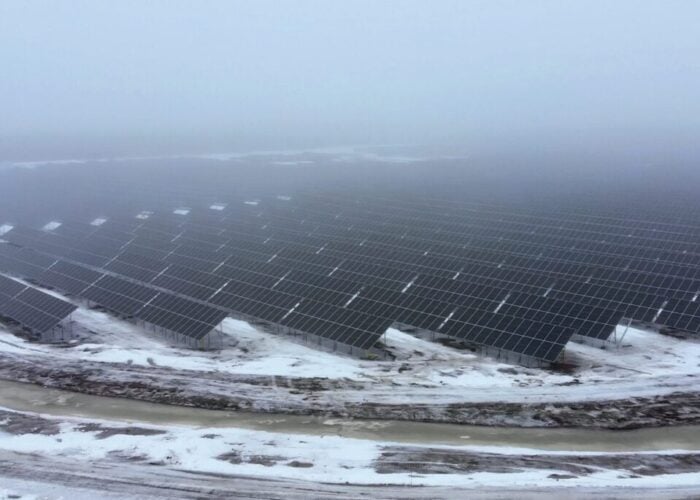Product Briefing Outline: ACC Silicones, the European manufacturer of specialist silicone elastomers, launches its new PV range of products. These adhesives and encapsulants are compatible with most materials commonly used in the assembly of PV modules and concentrator (CPV) cells.
Problem: Protecting delicate circuitry and components from long-term exposure to sun and the elements requires proven materials that will not change their physical properties over time. Adhesion to the materials used within the manufacture of PV cells is essential for frame sealing and fixing control boxes in place on the rear of the PV module. Newer CPV units require the use of optically clear encapsulants to maximise the amount of light reaching the PV cell. These encapsulants must be UV stable and not yellow with long-term exposure to heat or UV rays. The build-up of heat within the electronic circuitry has to be removed from components to avoid reduced performance or device failure.
Try Premium for just $1
- Full premium access for the first month at only $1
- Converts to an annual rate after 30 days unless cancelled
- Cancel anytime during the trial period
Premium Benefits
- Expert industry analysis and interviews
- Digital access to PV Tech Power journal
- Exclusive event discounts
Or get the full Premium subscription right away
Or continue reading this article for free
Solution: ACC have selected specific products that will meet the challenges of PV installations and offer additional benefits to both production and design engineers. PV5700/ & PV5701: Non-corrosive RTV adhesives have excellent adhesion properties, suitable for frame and junction box sealing and the attaching of control boxes to the rear of panels. PV2300 (Gel) & PV2218 (59º Shore A encapsulant): For use in CPV units to improve light transmission and provide environmental protection. They are both optically clear, UV stable and non-yellowing. These materials can be used to minimise light refraction by encapsulation the void between PV cell and lens. PV2553: Thermally conductive potting compound to aid the fast and efficient removal of heat from electronic circuitry whilst also providing environmental protection for sensitive components. PV2430: Tested and approved to meet UL 94 V-0 for electrical potting.
Applications: PV Modules – manufacture and installation, CPV Concentrator cells- manufacturing, Electronic control units.
Platform: ACC Silicones manufactures silicone RTV, adhesive, sealant, moulding rubber, gels and fluids.
Availability: Currently available.






